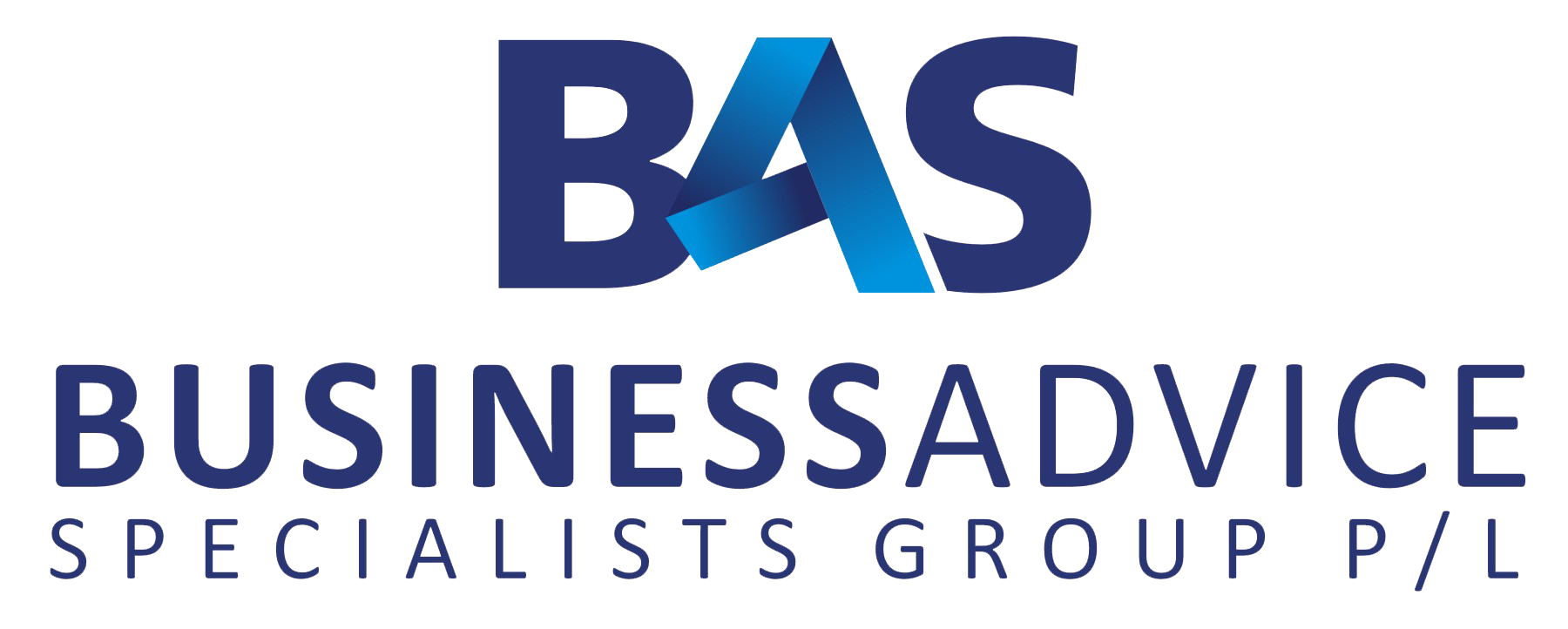Why Proper Bookkeeping is Essential:
Keeping proper books as a small business owner is essential not only for being prepared at tax time but to help you stay organized. Make sure you go over your incoming and outgoing payments at least once per month. Having an accountant that you work with is also very helpful, rather than trying to do all your income taxes yourself. A qualified CPA is your best ally when it comes to helping you get the most back at income tax time. A CPA can help you to figure out what qualifies for tax breaks. There are a lot of things that can be deducted, even when running your business from home. Things like the internet, and office supplies can be tax-deductible, so it is important that you save receipts.
Bookkeeping also helps you keep track of your budget and stay organized. We suggest keeping everything in a locked file cabinet with file folders separate incoming profit, outgoing expense receipts, bank statements, loans, inventory, and employee salaries. One of the main reasons to ensure proper small business bookkeeping is for financial analysis, financial analysis helps you to track your profits and growth. It is important to see how much money is coming in and going out each out. This helps small business owners see where they can cut costs, which means more profit each month. Being organized helps you to stay on top of everything, and helps things flow smoothly. Some business owners feel it is important to put all of their expenses into a digital format, this can help with small business bookkeeping. There is various software available for this, or you can construct your own Excel sheets, you can also choose just to keep the physical receipts in your file folders and bring all your receipts to your accountant.
Breaking Down Your Categories:
Incoming Profits: Profits are anytime you make money regarding your business, whether this is selling a product (physical or digital), speaking engagements, classes or courses, videos, or anything else that makes you money regarding your business.
Bank Statements: This is a file folder to keep track of all bank statements for your business. This can also be a place where you document the cash that you have on hand.
Outgoing Expense Receipts: These are all the receipts for things that you have bought for your business, and monthly expenses such as utilities, client lunches for business meetings, promotional materials, etc.
Loans: If you have any small business or personal loans related to your business, this category is for that. Keep track of invoices and payments towards the loan(s) every month.
Inventory/Sales: This is for businesses that sell any kind of product, inventory in and out is important to keep track of how much money is tied up in inventory as well as products sold, whether this is physical or digital material.
Employee Salaries: This is the monthly amount spent on an employee’s salary and any benefits that you provide for your employee’s that costs you money.
Working With A CPA:
Proper bookkeeping helps you protect yourself and your business from being audited. If you are audited you will be prepared with all the receipts and paperwork that you need to present to the IRS. Another way to help make sure you are prepared is to work with a CPA ongoing throughout the year. Working with a CPA benefits you because they are familiar with all the tax laws. when you are first starting a new business, it can be difficult to remember to keep your business money and your personal money separate. Having separate bank accounts will help you to keep track of your personal money versus your business money.
How Often Should You Review:
Spending some time weekly going over your books, can be a quick check, and not as in-depth as your monthly bookkeeping review. Another way to help you remember what days bills are due is to either have a physical calender or a digital calendar. We recommend paying bills once per week, on the same day of the week, so it becomes a routine. Missing payments, or making late payments can cost you extra money. The IRS has a calendar that can connect with your cloud calendar and help you keep track of important dates as it applies to your small business, IRS small business calendar. This helpful tool will remind you in advance of your quarterly tax payments. This tool will help give you an advantage in your small business bookkeeping.
By reviewing your books regularly and reacting accordingly, you can save money and ultimately help ensure the longevity and prosperity of your business. Even if you are selling a lot of products, let’s say you are selling $200,000 of product yearly, but your expenses are $250,000, then you are not ahead. So that is why it is imperative to review your expenses and your bookkeeping regularly and do what you can to cut costs and see exactly what is going out and coming in. Basically, the telltale sign in whether or not a small business will be successful and have proper sustainability and growth is proper bookkeeping. When businesses are first starting out, many new business owners may not want to outsource their accounting and would like to do it themselves, while it is not impossible to do it yourself, it is difficult, and things can easily be overlooked. There are many accountants that specialize in small business bookkeeping, and we recommend you meet with a few different accountants, and find someone that is capable and you feel comfortable with. There is a lot of useful information available on the IRS website, including but not limited to tax deadlines, w2’s for your employee’s and various publications written specifically for all different types of businesses, whether you are offering a service or a product, etc. It will help you to do some reading and become familiar with these publications. We wish you the best of luck on all your small business adventures and endeavours!

